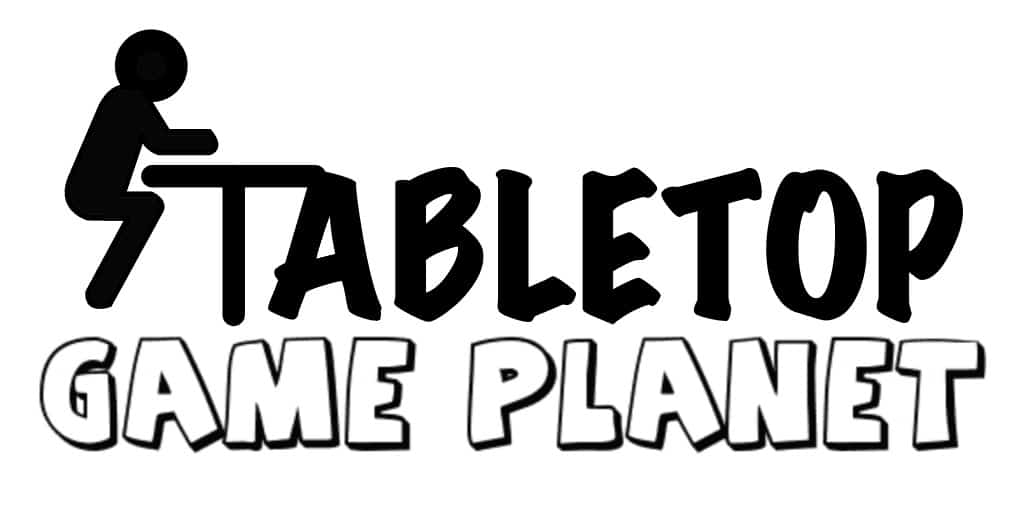Cribbage is a card game that uses a deck of regular cards. The dealer is determined through players cutting the cards such that the player who cuts the highest card becomes the dealer.
Cards should always be dealt one at a time to each player in a clockwise direction. The player seated on the dealer’s left side should be dealt the first card and a total of 6 cards are dealt for a two player game.
What happens if you misdeal in Cribbage? A misdeal occurs when the dealer makes an error while dealing the cards such that player calls for a re-deal or penalty imposed.
A Cribbage misdeal error typically results in a penalty of two points. In addition, the dealer must then take the cards back and re-deal the cards correctly.
What happens when the dealer misdeals in Cribbage? Answered below are frequently asked questions about a misdeal in Cribbage and what to do next.
Can you misdeal in Cribbage?
Yes, there are multiple ways a dealer can misdeal cards in Cribbage:
- The cards are not cut by the non-dealer before being dealt.
- The dealer can deal themselves too many cards.
- The dealer can deal two cards to a player instead of one at a time.
- The dealer can deal too few of cards.
- The dealer can expose their card while dealing the cards; though the game will go on as normal, they may expose the opponent’s cards who should ask for a new deal.
Is there a penalty for misdeal in Cribbage?
The dealer does not get penalized, but the non-dealer player can claim two additional points. A re-deal should be done, or the players can agree to forego the mess (depending on the error made) and move on with the game.
What to do when misdealing in Cribbage?
- If the dealer forgets to have the opponent cut the deck before dealing, then the cards must be reshuffled, cut and dealt once again.
- If the dealer exposes their cards, the deal continues to their disadvantage. But if the cards exposed belongs to an opponent, the opponent earns two points, and they can request a new deal if they want.
- If a non-dealer player exposes one of their cards while the dealer is dealing the cards, the dealer can restart the dealing process or assume the card has not been seen.
- If the dealer deals too many cards to a non-dealer, the non-dealer earns two points and a re-deal is performed.
- If the dealer deals too few cards, the dealer should continue on with the dealing process unless the top card has already been flipped. Otherwise a new deal is to follow suit.
- If the dealer deals two cards simultaneously to a player, the player can ask for a new deal, or they can ask the dealer to remove the extra card.
- If a player realizes one of the opponents has too many cards or less and points out the issue, a re-deal is done, and two points are earned by the non-dealer.
- When the dealer deals themselves more than the correct number of cards, one of the non-dealer players can request a re-deal, or the player can pick the extra cards and place the cards into the discard pile.

Cribbage Misdeal: Conclusion
It’s common that the dealing process is not always done correctly. In one way or another, the dealer tends to make a mistake somewhere along the way.
Sometimes it may not be their fault for the occurrence of the mistake since sometimes cards can stick together. For this reason, there is no penalty given to the dealer, but a misdeal of cards will force them to repeat the process if the other player demands so.
When a dealer makes mistakes that affect themself, there are no additional points awarded, and the game can continue to their disadvantage unless the opposing player demands for a re-deal.
A dealer mistake earns the opposing player an added advantage of two points. In general, the misdeal error calls for a new deal and sometimes earns the non-dealer a couple extra points.
Cribbage requires being the first to score 121 points. So, if one gets an opportunity to snatch some points at any given time, take the opportunity without a second thought.
